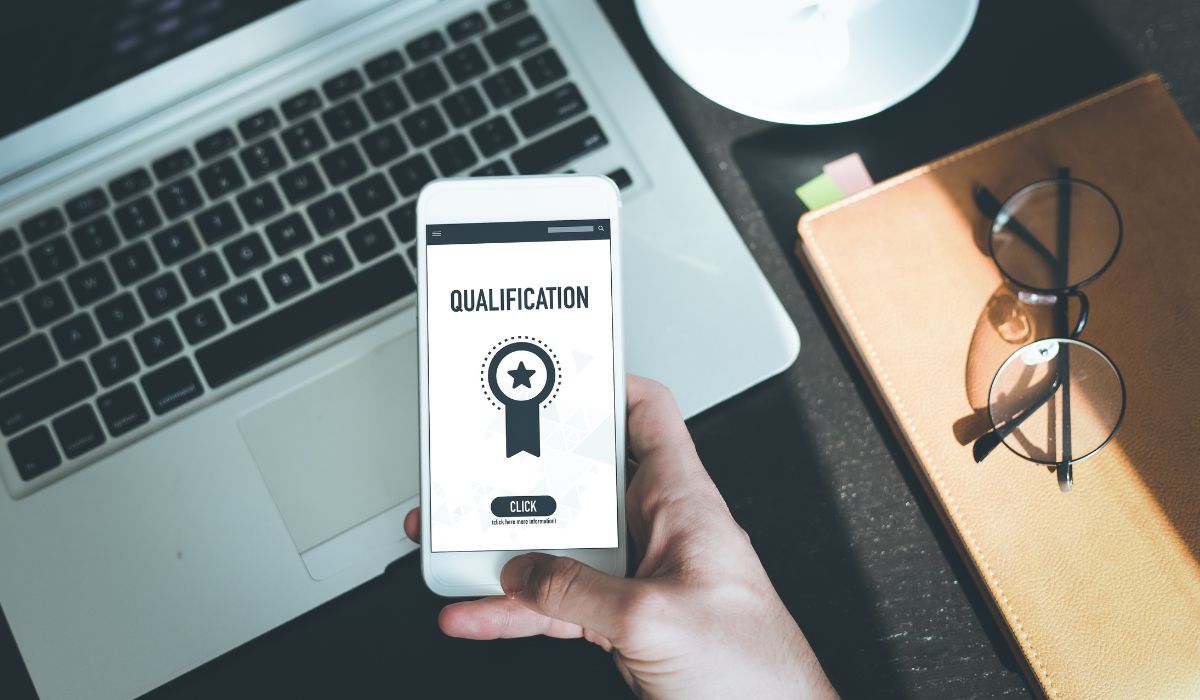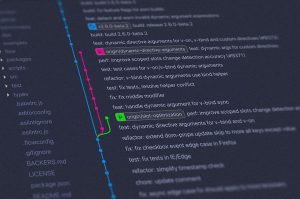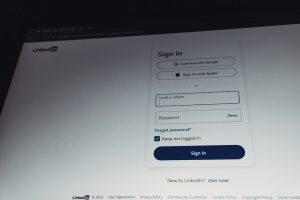How to Become a Librarian: Step-by-Step Guide
5 min read
Are you passionate about books, research, and helping others find the information they need? Becoming a librarian might be the perfect career for you. With libraries evolving into digital hubs, the role of librarians has expanded to managing not just physical books but also digital resources, community outreach, and information management.
In this article, we’ll walk you through the steps, qualifications, and skills needed to become a librarian, plus the various career opportunities available in this rewarding field.
What Does a Librarian Do?

Librarians are the gatekeepers of knowledge. Whether they work in a public library, school, or academic institution, their job revolves around helping people access, organize, and understand information. Here are some common tasks librarians handle daily:
- Assisting patrons with finding books or online resources.
- Organizing and cataloging new library materials.
- Leading community programs such as book clubs or literacy workshops.
- Managing library databases and digital archives.
Different Types of Librarians
Librarians work in various settings, and each role comes with unique responsibilities. Some common librarian types include:
- Public Librarian: Works in community libraries, providing access to books, media, and public programs.
- Academic Librarian: Supports students and faculty in colleges and universities by organizing resources and conducting research.
- Digital Librarian: Manages digital archives and assists users with online resources.
- School Librarian: Works in elementary and secondary schools, promoting reading and literacy among students.
Skills Needed to Be a Librarian
To succeed as a librarian, you’ll need more than just a love for books. Essential skills include:
- Research Skills: Knowing how to find reliable information across different sources.
- Digital Literacy: Navigating online databases and managing digital content.
- Communication: Effectively helping patrons and teaching library skills.
- Organizational Skills: Managing collections and categorizing materials properly.
Education and Qualifications Needed to Become a Librarian

Bachelor’s Degree: The First Step
Before you can think about becoming a librarian, you’ll need a bachelor’s degree. While it doesn’t have to be in library science, many aspiring librarians study subjects like English, history, or education to build a strong foundation in research and communication.
Master’s Degree in Library Science (MLS)
In most cases, a Master’s in Library Science (MLS) or Master of Information Studies is required to become a librarian. Many programs offer specializations in areas such as digital libraries, archival studies, or youth services, allowing you to tailor your studies to your career goals. Ensure that your degree is from an accredited program, as most employers will require this credential.
State Certification and Licensing Requirements
Some states and school systems require librarians to have additional certification, especially if you plan to work in public or school libraries. Check with your local library association or state’s educational department to see what’s required in your area.
How to Become a Librarian: Step-by-Step Guide
Steps to Become a Librarian:
Step 1. Earn a Bachelor’s Degree
The first step to becoming a librarian is earning your bachelor’s degree. Although your major doesn’t have to be library science, you should focus on building skills in research, organization, and communication.
Step 2. Pursue a Master’s in Library Science
Next, you’ll need to enroll in an MLS program. Most programs take about two years to complete, and many are available online for students who need flexibility. Look for programs that are accredited by the American Library Association (ALA).
Step 3. Gain Practical Experience Through Internships
While you’re earning your degree, gaining practical experience through internships or part-time jobs at libraries is crucial. This will not only help you build essential skills but also give you hands-on experience in the field.
Step 4. Apply for Librarian Jobs
Once you’ve completed your education and any necessary certifications, it’s time to start applying for librarian positions. Depending on your specialization, you can find jobs in public libraries, schools, universities, or even digital archives.
Specializations and Career Opportunities in Library Science

Librarianship offers diverse career paths, each with its own unique responsibilities. Here are some popular specializations:
Academic Libraries
Academic librarians work in colleges and universities, helping students and faculty with research. They manage extensive collections of journals, books, and digital resources tailored to different academic disciplines.
Public Libraries
Public librarians serve communities, offering programs for children, teens, and adults. They provide access to a wide range of resources, from books and eBooks to computers and digital media.
Digital and Information Management Roles
As libraries become increasingly digital, digital librarians and information managers play a crucial role in managing online resources, digital archives, and databases.
How Long Does It Take to Become a Librarian?
Becoming a librarian typically takes around six to seven years—four years to complete a bachelor’s degree and another two to complete an MLS program. If you decide to specialize in a particular area, additional certifications or coursework may extend this timeline slightly.
Factors That May Affect Time to Become a Librarian:
- Part-Time Study: If you’re pursuing your MLS part-time, it may take longer to complete your degree.
- Internships: Gaining experience through internships may add time to the process but will greatly enhance your resume.
Average Librarian Salaries
The salary for librarians varies based on their location, specialization, and experience. According to the Bureau of Labor Statistics, the median salary for librarians in 2022 was about $61,190 per year. Public librarians may earn slightly less, while academic librarians and digital librarians in large institutions can earn more.
Job Growth and Opportunities in Library Science
The job market for librarians is expected to grow by 6% from 2021 to 2031, which is on par with the average for most professions. The rise of digital libraries and the growing need for information management means there will be more opportunities, especially in tech-focused roles.
Conclusion: Your Path to Becoming a Librarian
Becoming a librarian requires dedication, education, and a passion for helping others navigate the world of information. Whether you’re drawn to the traditional role of a public librarian or interested in managing digital archives, the steps to achieving this career are clear. Are you ready to start your journey? Research MLS programs, find local library internships, or reach out to a mentor today. Your future in library science awaits!






